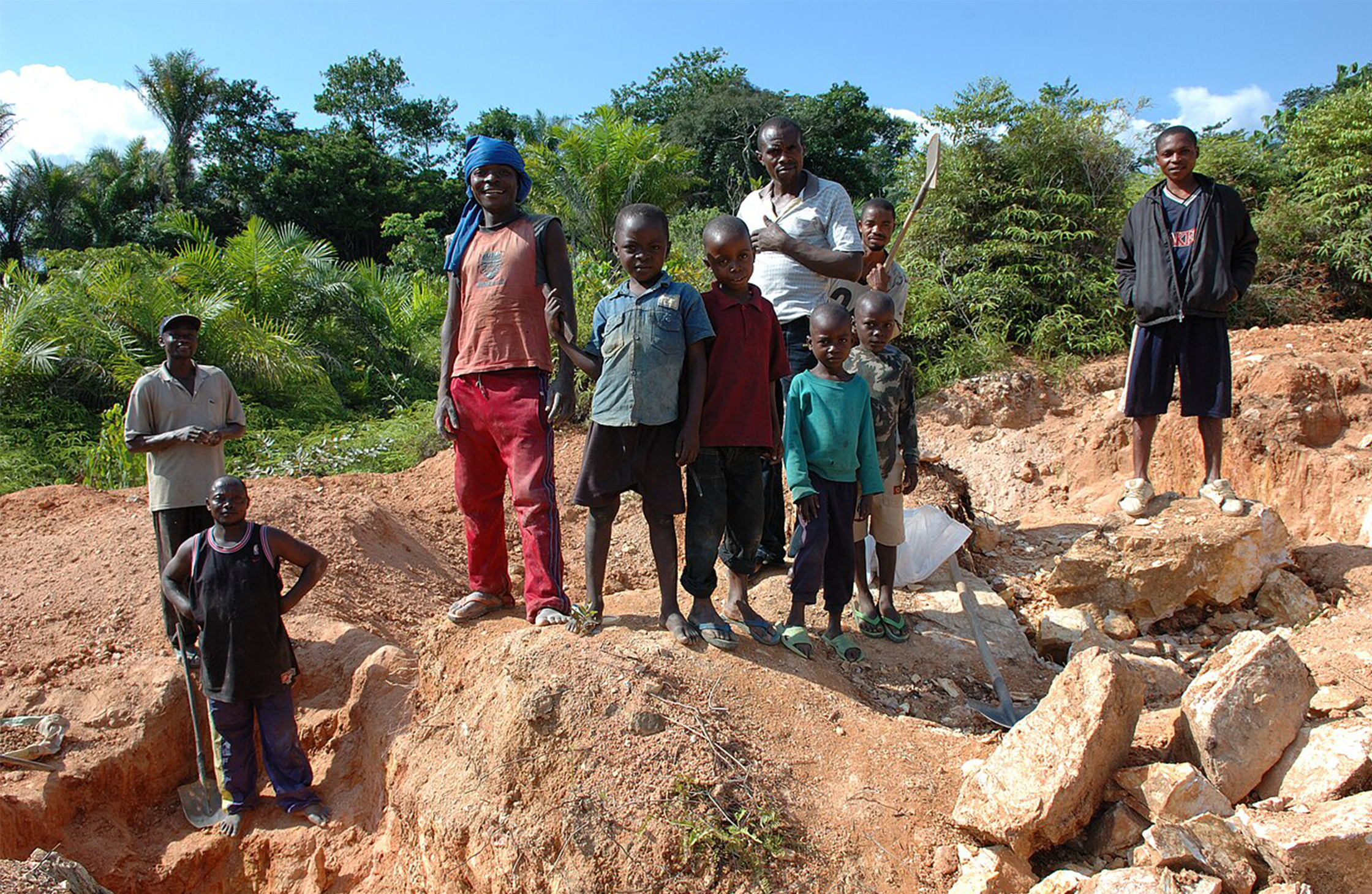January is Human Trafficking Awareness Month. Fortunately for most people, we don’t have direct experience with it. Our knowledge of the issue usually only involves the signs at truck stops and airport bathrooms aiding individuals who want to escape sex trafficking. However, there are many forms of trafficking that are even less visible in our daily lives.
There are an estimated twenty-five million people globally trapped in labor trafficking. The Unaccompanied Refugee Minor (URM) program at Lutheran Community Services Northwest serves survivors of child labor trafficking, defined as work that is hazardous to the health and/or physical, mental, spiritual, or social development of children. We are currently helping resettle and provide services to 25 youth, with about half of these youth able to seek asylum through U.S. Department of Health & Human Services’ assistance for Child Victims of Human Trafficking. Their journeys began around the world, from Bangladesh to Guatemala, and all led to these young people calling Eastern Washington home.
To honor their strength and endurance, the URM program composed a story that draws on the real life experiences of these children:
“In my home country, I was able to go to school until 4th grade. Then, my family could not afford my classes anymore, so I stopped attending and started working. At 10 years old, I worked at my uncle’s farm where we grew coffee. I would work on the farm from 5am to 7pm. One time, I was cutting some grass and I fell down on the machete and had to go to the hospital. Luckily I was able to get surgery, but I still have the scar on my hand.
To me, it seemed normal to work even though I was so young. Many kids in my community worked, and I wanted to support my family so that my siblings could hopefully keep going to school, even if I could not. However, the days were so long and my uncle kept most of the money I was supposed to be making.
My uncle would get mad at me if I ever did not work. He would threaten me, and then he started hitting me. I tried talking to my mom about this, and she would talk to my uncle, but he would yell horrible things at her. I felt like I couldn’t stop it.
Then, when I was 16, I left to travel to the United States. I thought that I could maybe get an education there. And then I could get a good job and still provide for my family, so that my siblings would not have to work like I did.
As an Unaccompanied Refugee Minor, I am now in high school and I am so glad I can continue my education. Now any money I make at my job is mine, and I can choose how to spend it. I like to send some home, so my siblings are able to keep going to school and have the childhood I wish I’d had.”
If you would like to support a child labor trafficking survivor as they pursue their dreams, consider providing a safe, stable home as a foster parent. You can learn more at our website: lcsnw.org/program/refugee-foster-care
Kelsey Doerr is the Foster Parent Recruiter at the Unaccompanied Refugee Minor program in Spokane and the Tri-Cities. https://lcsnw.org/program/refugee-foster-care/
Main Image: Child labor, Artisan Mining in Kailo, Congo CC-Share Alike 2.0


